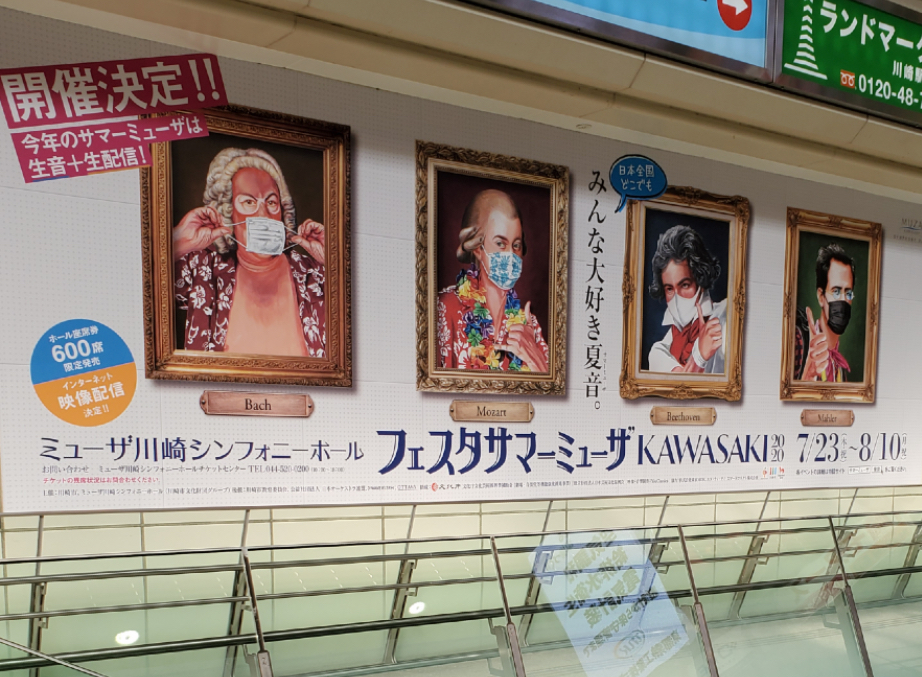
by carterjmrn | Sep 6, 2022 | Changing World of Work, Covid-19 Related Articles, Japan Sentiment Tracker, Women Power
CarterJMRN has been tracking working from home trends among the general public aged 16-69 via our Japan Consumer Sentiment Survey. In our latest wave in 2022, we found that working from home was becoming more feasible for the working population in Japan with 60%...

by carterjmrn | Aug 23, 2022 | Changing World of Work, Covid-19 Related Articles, Green Consumer, Japan Mega Trends, Japan Sentiment Tracker, Women Power
The United Nations’ Sustainable Development Goals (SDGs) are a set of 17 goals and 169 targets that countries are encouraged to use as a guide for sustainable development. All United Nations Member States adopted the goals in 2015, and each country is responsible for...

by carterjmrn | Dec 22, 2020 | Ageing and Generations, Carter Group Viewpoints, Covid-19 Related Articles
Back in 2018 I published an article on LinkedIn titled, ‘Young and Careful: Japan’s Strangely Conservative Youth’. At the time of writing that piece it had, for some time, seemed to me that young people in Japan were...

by carterjmrn | Oct 22, 2020 | Carter Group Viewpoints, Covid-19 Related Articles
Just this past weekend (October 16-18), the popular animation “Demon Slayer(鬼滅の刃)” released its first movie in cinemas across the nation, shattering all-time opening records by bringing in 4.6 billion JPY (approximately $44 million). This...

by carterjmrn | Oct 21, 2020 | Carter Group Viewpoints, Covid-19 Related Articles, Market Research Methodology
Using Market Research in Japan to Re-connect with Your Customers Both cautiously and optimistically we can say that it looks like the peak of the Covid crisis has passed in Japan. Shops are open, restaurants are filling up, people are going back...

by carterjmrn | Sep 20, 2020 | Ageing and Generations, Carter Group Viewpoints, Covid-19 Related Articles
With Covid-19 dealing a fatal blow to the economy, the information superhighway has provided a gateway for individuals and businesses in creatively responding to the crisis. Tokyo-based millennials have been particularly...

by carterjmrn | Aug 31, 2020 | Carter Group Viewpoints, Covid-19 Related Articles, Japan Mega Trends
The economic impact on consumer spending we have seen due to the Covid 19 Crisis will have long–term ramifications for the top three global economies of the United States, China and Japan. In all three markets we are...

by carterjmrn | Jul 7, 2020 | Carter Group Viewpoints, Covid-19 Related Articles, Japan Sentiment Tracker
It is already beyond a cliché to use the term ‘new normal’ when it comes to describing our business and personal lives since the Covid crisis began. Nevertheless, it’s simply a fact that things are very different than...

by carterjmrn | May 21, 2020 | Carter Group Viewpoints, Covid-19 Related Articles, Japan Mega Trends, Japan Sentiment Tracker
Consumer Expectations in Japan Recently, a lot of people are working from home due to the Coronavirus epidemic. Yet, many continue to work at their offices or other related venues demonstrating how ingrained work habits are in Japanese daily life. The presentation we,...









